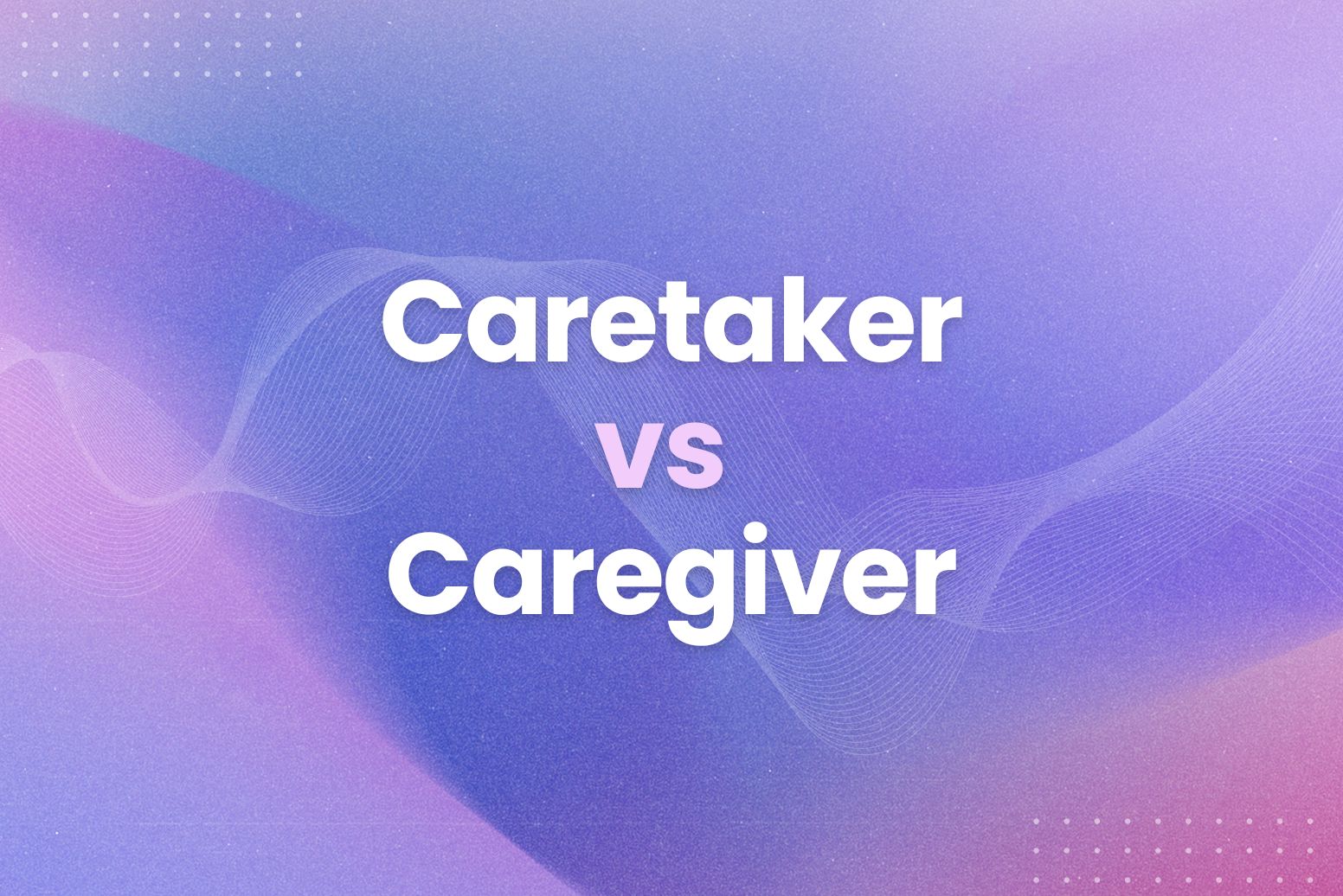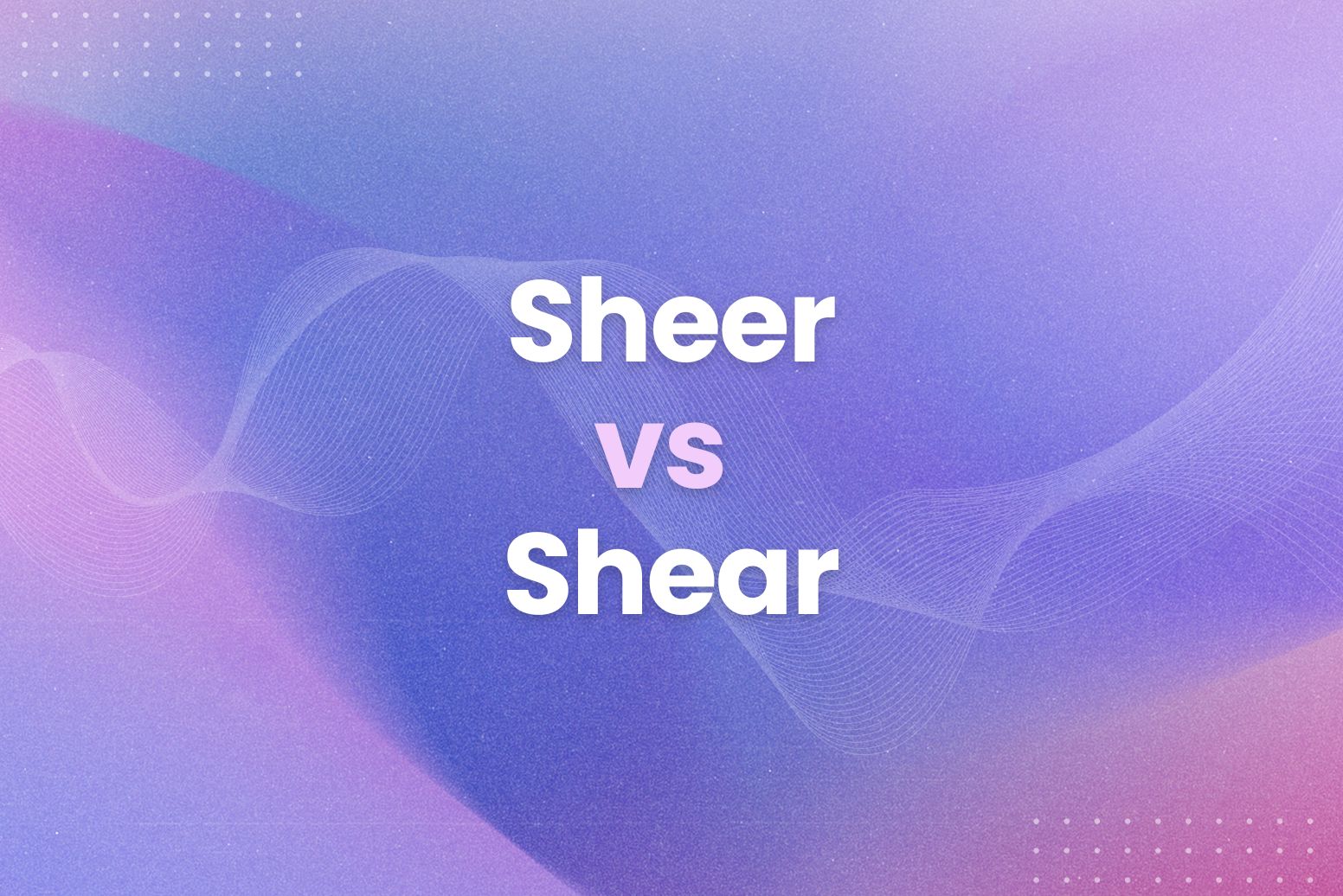Spotting the difference between lead vs led can be tricky. It’s a common stumbling block for many writers. Consequently, errors with these words can undermine your message.
This guide provides a clear and simple explanation. Therefore, you can confidently use “lead” and “led” correctly every time.
- Understand the present tense of “lead.”
- Master the past tense form, “led.”
- Use a memorable trick to avoid mistakes.
Understand the Present Tense of “Lead”
“Lead” in the present tense means to guide, direct, or be in charge. It describes an action happening now or a general truth. For example, “Good leaders lead by example.” This sentence presents a general principle. Similarly, “The path leads to the summit” describes the current state of the path.
Here are a few more examples to solidify the concept:
- Our CEO leads the company with vision.
- The tour guide leads the group through the museum.
- This road leads directly to the beach.
Notice how “lead” indicates an ongoing action or a present state. It doesn’t refer to something that has already happened. Moreover, “lead” can also refer to a noun meaning the first or foremost position, as in “She took the lead in the race.” However, in this guide, we’re focusing on “lead” as a verb.
Pro Tip: A common mistake is using “led” when “lead” is needed. For instance, writing “He leds the team” is incorrect. You should always use “leads” (with an “s”) when the subject is a singular noun (he, she, it) in the present tense. For all other subjects (I, you, we, they) use “lead” without the “s.”
Master the Past Tense Form, “Led”
“Led” is the past tense of “lead.” It describes an action that already happened. For instance, “She led the team to victory.” This sentence tells us about a completed action in the past. Likewise, “The old map led them to the hidden treasure” describes a past event.
Here are more examples to illustrate the use of “led”:
- He led a successful marketing campaign last year.
- The detective led the investigation.
- The heavy rain led to flooding in the area.
Notice how each example uses “led” to describe something that has already occurred. In short, if the action is in the past, “led” is the correct choice.
Pro Tip: A frequent error is using “lead” when the past tense “led” is required. For example, writing “Yesterday, she lead the meeting” is incorrect. The correct sentence is “Yesterday, she led the meeting.” This simple change makes all the difference. Moreover, mixing up “lead” and “led” can confuse your readers.
Memorable Trick to Avoid Mistakes
Now that we’ve covered the basics, let’s arm you with a simple trick to banish lead vs led confusion forever. This is a quick and easy way to recall which word to use.
Think of it this way:
- Lead (Present): Lead has two “e”s, like the word see. See is a present tense verb. Therefore, when you need the present tense, remember the double “e” in lead. This is a visual cue that can help you recall its present tense form.
- Led (Past): Led rhymes with red. Red is often associated with stop signs. Stop signs indicate something is finished or in the past. Consequently, this association helps you remember that led refers to a completed action.
This simple rhyme and visual association can significantly improve your recall. For instance, if you’re writing about something that happened yesterday, think red (past), therefore, led. On the other hand, if you’re writing about something happening now, think double e (present), therefore, lead.
Pro Tip: Try writing the words out a few times and saying the little rhymes to yourself. The more you practice this trick, the easier it will become to remember. This active recall will help solidify the difference in your mind.
Ready to Start Writing with Confidence? Arvin Can Help.
Mastering lead vs led doesn’t have to be a struggle. With a clear understanding of their tenses and a handy memory trick, you’re well on your way to writing with greater accuracy. Remember, “lead” is present, like “see,” and “led” is past, like “red.”
Here are the key takeaways on lead vs led:
- “Lead” (present tense) means to guide or direct now.
- “Led” (past tense) describes an action that already happened.
- The “see/red” rhyme is a simple memory aid.
- Practice using both words in sentences.
Now, imagine having a grammar expert at your fingertips every time you write. With Arvin, the AI browser extension powered by GPT-4, you can. Arvin can instantly check your writing on any webpage, catching those tricky “lead/led” errors and other grammar gremlins. So, write with confidence, knowing Arvin is there to lend a helping hand.
FAQs About Lead vs Led
Is lead or led correct?
It depends on the context. If you’re talking about something happening now or a general truth, use lead. For instance, “Good leaders lead by example.” However, if you’re describing something that already happened, use led. For example, “She led the team to victory last year.” In short, present is lead, past is led.
Is it lead or led by example?
The correct phrase is lead by example. Since this describes a general principle or an ongoing practice, we use the present tense. For example, “Effective managers lead by example, inspiring their teams to work harder.”
Is it led or lead a meeting?
If you’re talking about a meeting that already took place, use led. For instance, “She led an excellent meeting yesterday.” If you’re talking about someone who regularly leads meetings or about a meeting that is about to happen, use leads or lead, depending on the subject. For example, “She leads the weekly team meetings” or “He will lead the meeting tomorrow.”
Is it led or lead by in the UK?
The usage of lead and led is the same in the UK as in other English-speaking countries. It’s still dependent on the tense. Therefore, whether you’re in the UK or elsewhere, use lead for present tense and led for past tense. For instance, “The Prime Minister led the country through a difficult period” (past). Or, “The Queen leads the nation” (present).








